Strange new twists as pandemic reading booms
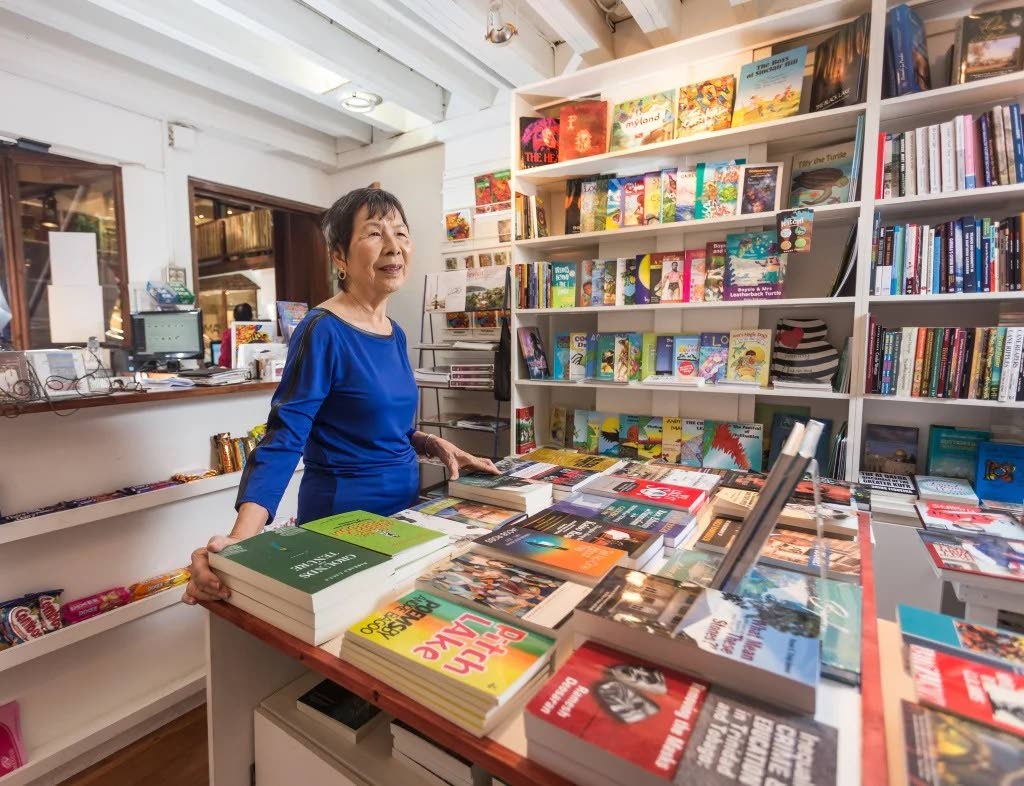
DEBBIE JACOB
When covid19 first hit, the pandemic felt like something from a dystopian novel. As it turned the world topsy-turvy, many avid readers found themselves in a strange, unrecognisable place, as far as their reading went. Suddenly, reading became a challenge. Reading preferences changed, sometimes taking strange, new twists. Some people discovered just how far they would go to get a book.
During lockdowns, social media kept some readers in touch with their favourite bookstores. Joan Dayal, owner of the Paper Based bookstore. known for its Caribbean books, said more young people began following the bookstore on Instagram. Readers requested more fiction to read.
“We did a lot of posting by Track Pack to all corners of Trinidad through TT Post,” said Dayal. Paper Based had many requests for African women writers and Caribbean literature. Requests included Love after Love by Indira Persaud, The Murder of Boysie Singh by Derek Bickerton and The Mermaid of Black Conch by Monique Roffey.
Men requested award-winning foreign books.
“A few men who buy books did a mix, not so much Caribbean, but they requested Black Spartacus: The Epic Life of Toussaint Louverture by Sudhir Hazareesingh.
“Book clubs continued to function during the pandemic and book choices included Klara and the Sun by Kazuo Ishiguro and All the Light We Cannot See by Anthony Doerr.
“I found younger people were doing more reading,” said Dayal. “They would follow foreign book reviews on social media and make requests, often for love stories.”
Award-winning author Barbara Jenkins did more than her book-club reading during lockdowns. “With the pandemic, I found myself going back to what I love to do the most, which is reading. I read a whole lot more.”
Jenkins said she is now reading two to three books a month and recently read four books in a week. “I am reading more poetry than I did in the past.

“Other than that, I don’t know if my reading changed during the pandemic, but my interpretation of what I read has changed. I am seeing things differently than I would have if I had read these books at another time. I was relating everything I read to what was going on, perhaps missing some of the story because of holding on to one little thread that evoked a connection to what we were going through.”
Jenkins said one of her personal favourite pandemic reads was Barbara Lalla’s One Thousand Eyes, a dystopian, post-apocalyptic novel with children trying to find their way through an unfamiliar environment. She singled out Klara and the Sun as a book that really stuck with her.
Writer and editor Judy Raymond had the challenge of organising Newsday’s newsroom to work more or less virtually while worrying about two of her children, a son working on the covid19 frontline as an infectious-disease specialist in the US, and a daughter studying in the UK, which was reporting alarming covid numbers and showing the world at the time how not to handle the pandemic. Raymond also feared how TT would cope with covid19.
“So I spent even more time worrying than usual, and had very little energy or headspace for reading.
“When I did try to read actual books, with few exceptions I couldn’t read modern fiction set in the real world and especially in the region; it was literally too close to home.”
“Oddly, though, early on I felt this pressing need, which I didn’t understand at first, to re-read a novel, Station Eleven, by Emily St John Mandel. I realised that somehow, incredibly, I’d forgotten it was all about a global pandemic and its aftermath, which by the way was far worse than the effects of the current pandemic will be, even if covid19 never leaves us. That was weirdly comforting.”
Raymond said she also went through “a short phase of reading murder mysteries – also as comfort reading! Awful things happen, but you know it’s going to work out in the end: the brilliant detective will catch the killer in the nick of time, justice will be done and all shall be well.”
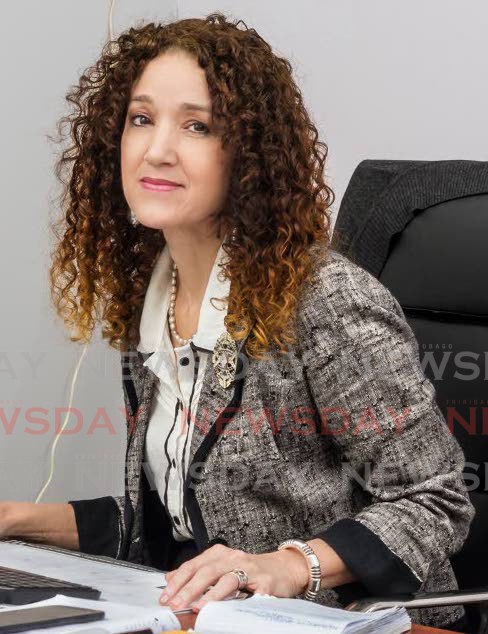
Like many pandemic readers, Raymond also turned to books broadly described as escapism. “I went back to Ursula Le Guin, whose work used to be described as science fiction but nowadays would be called speculative fiction. Even that isn’t right: it reads as if it’s completely factual. Her Hainish cycle is set in another universe made up of perfectly, completely imagined worlds, with its own history, ethics, linguistics, ideas about gender, politics…which of course makes you reconsider our own planet (and what a mess we’ve made of it) in a different light.
You can feel it stretching your mind. I restarted with the first one I ever read, The Left Hand of Darkness, which isn’t the first chronologically, but is a wonderful book and everyone should read it – pandemic or not.”
Newsday columnist Kiran Mathur Mohammed, co-founder of medl, an IDB Lab and Microsoft backed health-tech social enterprise, noted how the reading landscape shifted around him.
“The pandemic was an incredibly draining and stressful time for a lot of people. I think people turned to escapism or nostalgia in their reading. They were looking for the past and thinking about childhood.”
He found the third covid19 wave drove people who weren’t more introspective to become more reflective.

“My own reading habits were no exception. I turned to nostalgia. I reread Marcel Proust’s Remembrance of Things Past. I also began reading more non-fiction, a biography by Robert Caro on US President Lyndon Johnson, who was able to make change happen with his energy.”
For Johnson’s biography and The Three Body Problem, a series by Cixin Liu, he turned to ordering e-books on Kindle. “Liu’s books are very clever sci-fi.”
For those who believe in reading and make getting books into children’s hands a mission, the pandemic brought new challenges.
Suzette Cadiz and her NGO Let’s Read cleaned and packaged books, which they put in Living Water Community food hampers.
“People started to ask for books with their hampers,” said Cadiz. “Through donations, we gave out 1,600 brand-new books. Students went to school and collected packages with their names on them.”
Let’s Read started the Little Free Library in Matura. Six such libraries are about to be launched along the north coast, but their names were quickly changed to the Little Community Library, because people thought the books were free to keep.
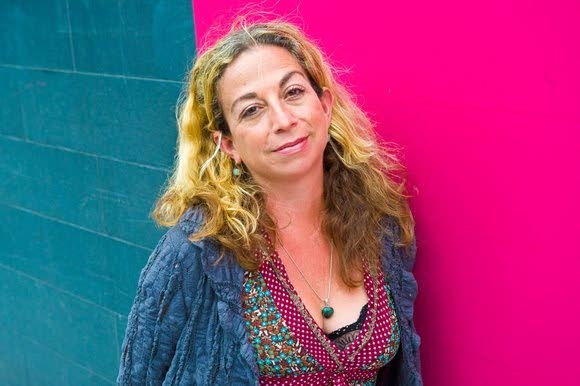
“These libraries are getting children used to libraries. It’s good for libraries in the future,” said Cadiz, imagining a post-pandemic world.
Her own reading has included The Mermaid of Black Conch, How the Garcia Girls Lost their Accents by Julia Alvarez and Butter Honey Pig Bread by Nigerian writer Francesca Ekwuyasi,
“...a beautiful book about family, love and choices.” Cadiz re-read Haitian writer Edwidge Danticat’s collection of short stories Everything Inside.
Let’s Read also threw its support behind Shivana Sankar-Balliram’s pandemic book drive in Basta Hall, Couva.
“Shivana was inspired by us on Facebook to read to her little girl when she was born,” said Cadiz.
Let’s Read bought Sankar-Balliram a red wagon and walked with her to deliver books on that initial run.
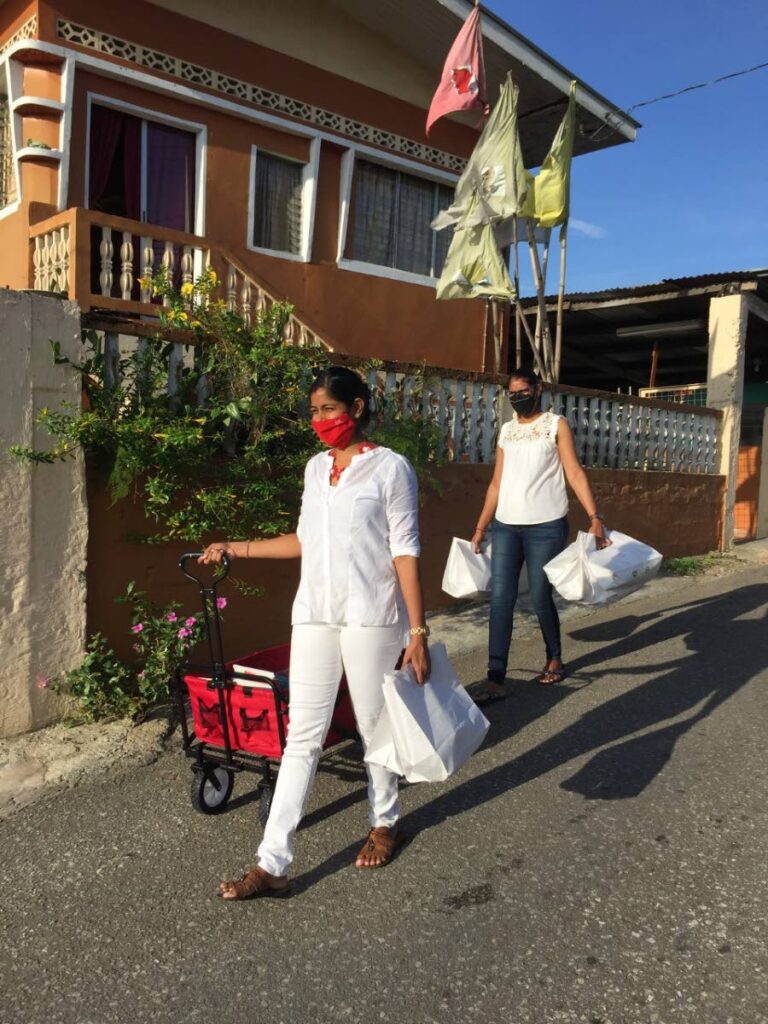
Sankar-Balliram said she had collected many books from reading to her two-year-old daughter since she was born. When the pandemic hit, she started the idea of a book club in a sanitised environment so children would have access to books that would help them learn. When religious organisations were allowed to function, the Basta Hall Shiv Mandir allowed Sankar-Balliram to have a bookshelf there.
“So far it has been a resounding success because people can go to the temple at all times,” she said. She bakes brownies or cookies, carries them to the temple and discusses the books with the children.
“We load up the wagon to deliver books ordered from my e-mail address for children who didn’t come to the temple,” she said. Together with some of the 50 children she serves, they deliver books.
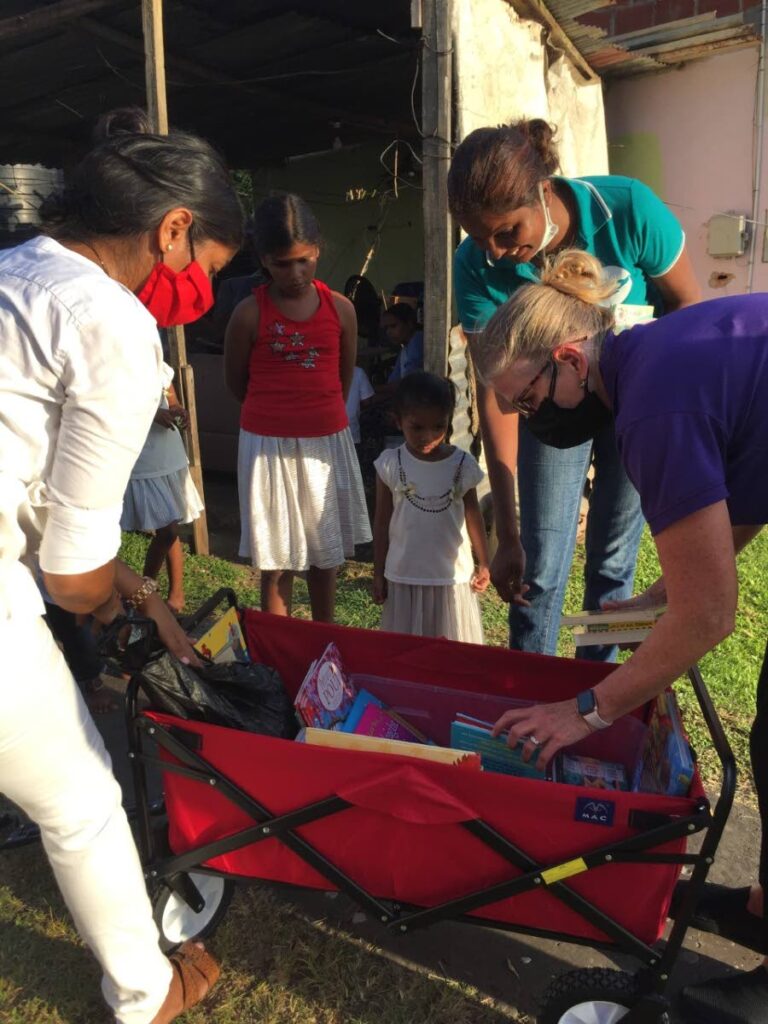
“I see the benefits of reading. My daughter has a photographic memory because of the repetitive reading since birth. I believe education is definitely the way out of poverty, and it starts with reading.”
For many people the pandemic opened up a whole new world of reading
.

Comments
"Strange new twists as pandemic reading booms"